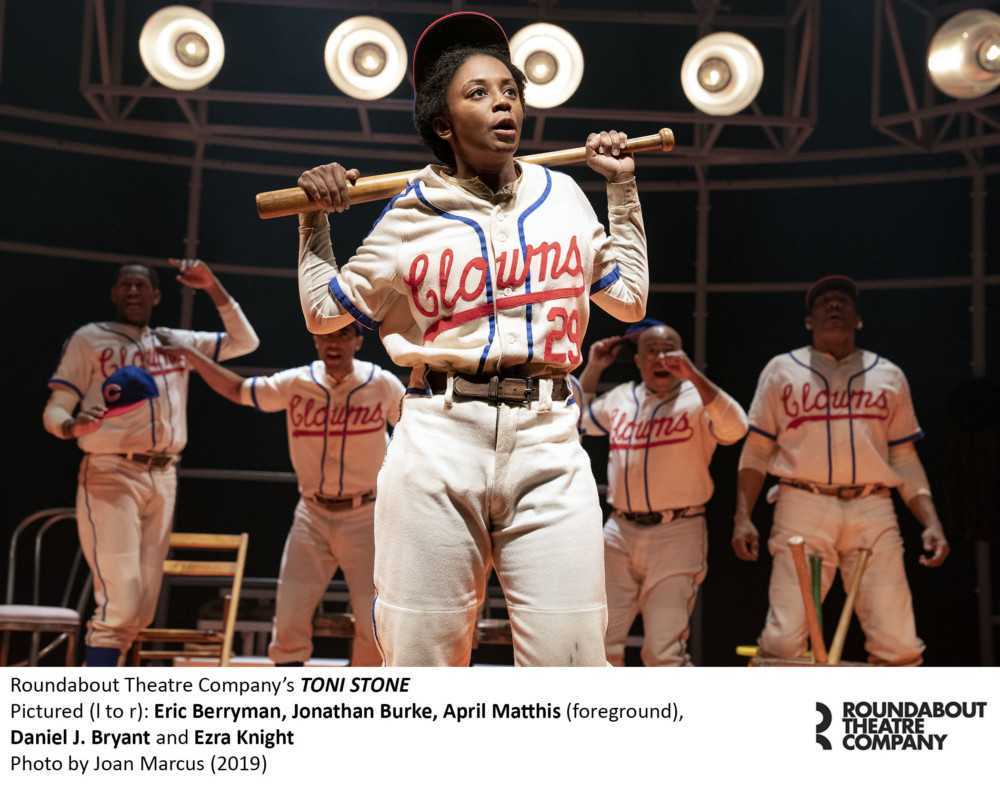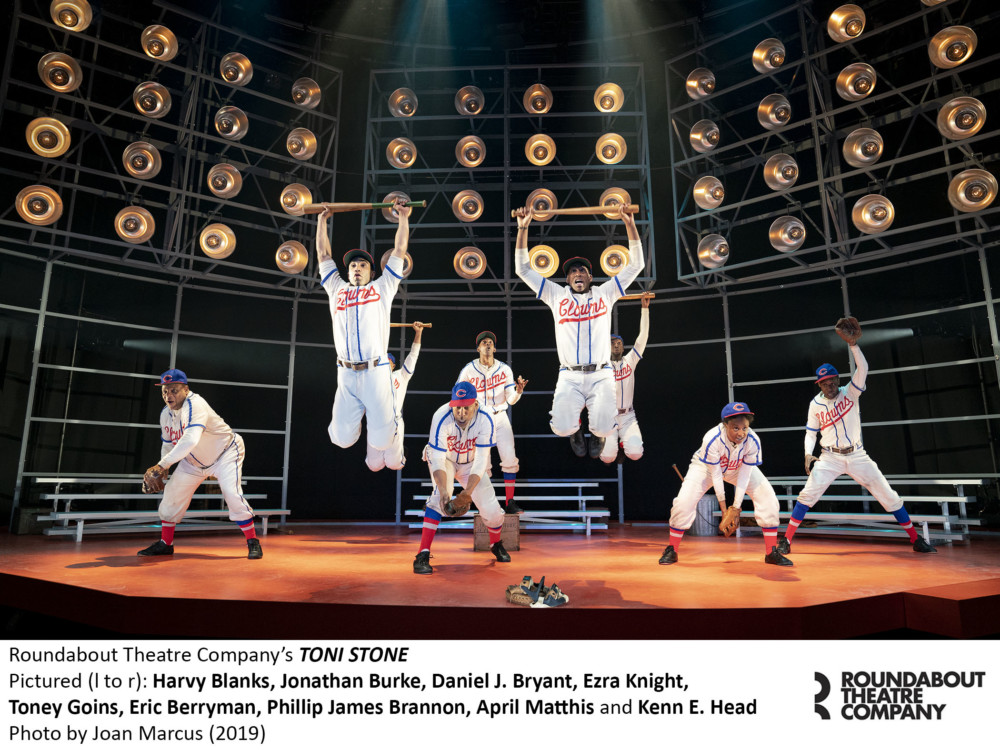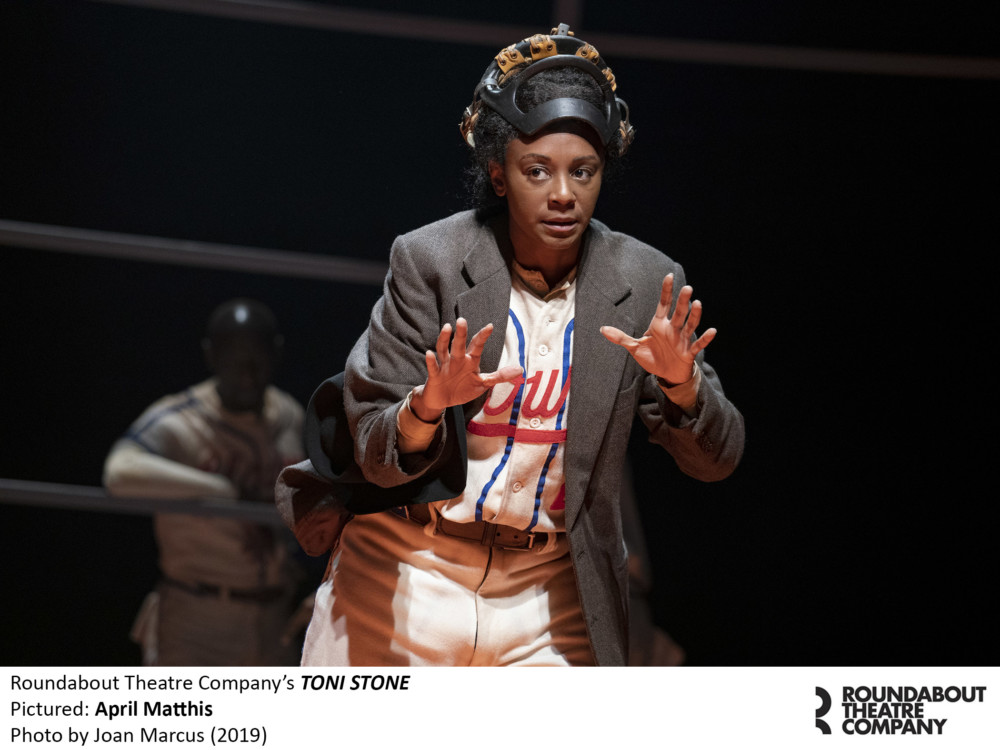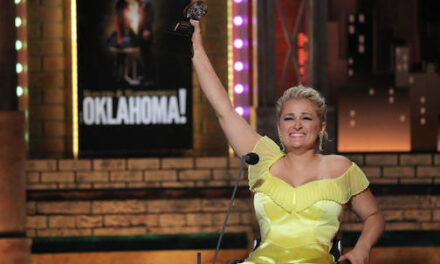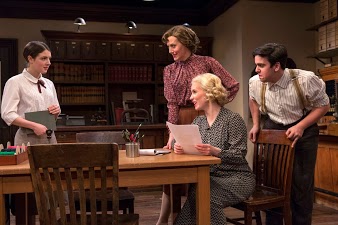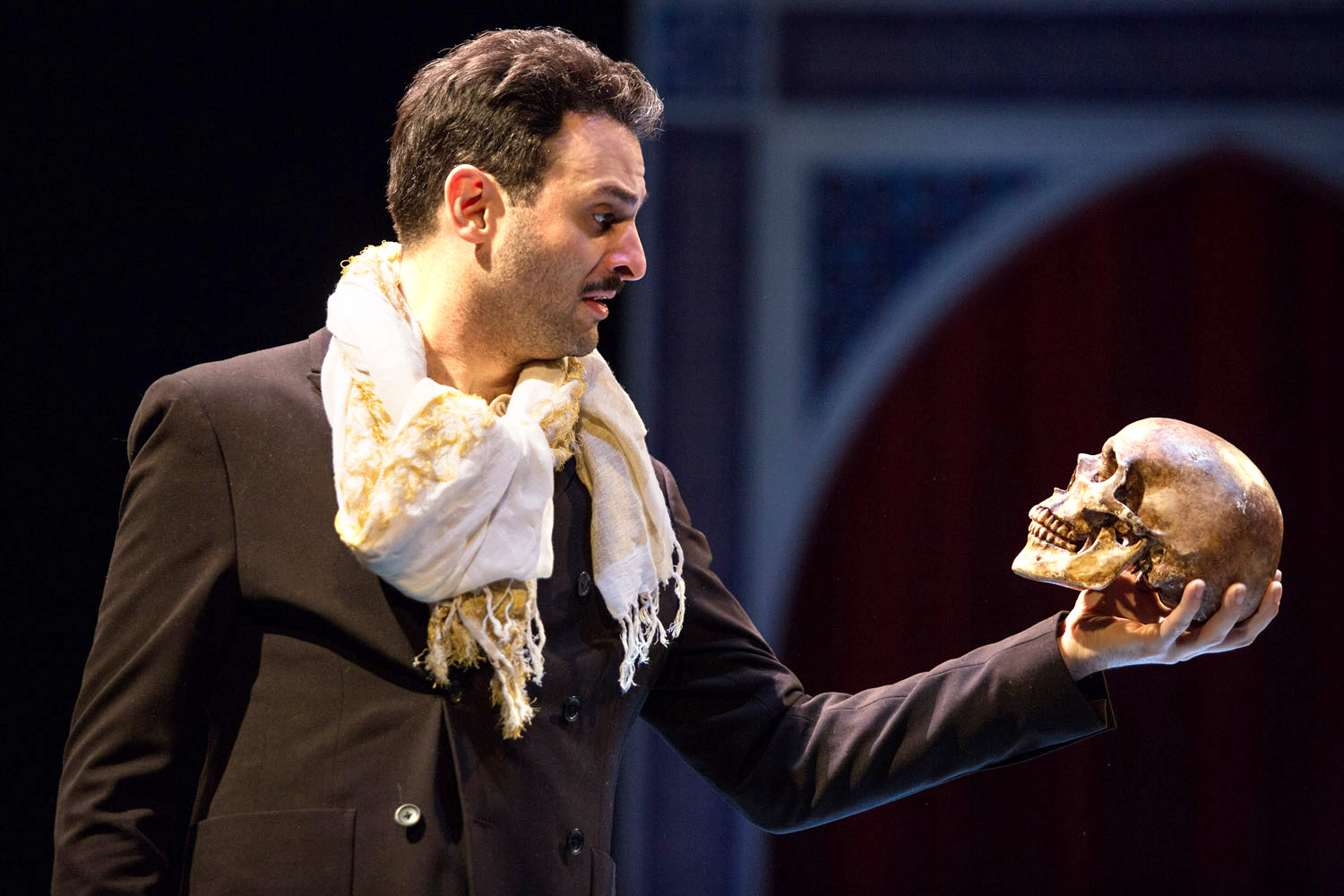By Sandi Durell
Unless you’re a diehard baseball fan who loves delving into the history of the sport from every angle, you’re probably not aware of Toni Stone, born Marcenia Lyle Stone in West Virginia in 1921, who moved with her family to St.Paul, Minnesota where she quickly established herself as a tomboy around the age of ten, joining a boys’ baseball team similar to Little League – the Catholic Midget League!
Meet the tough little black gal whose heart, mind, body and soul belongs first and foremost to baseball, because she’s “got a thing to do . . . gotta reach” – and who couldn’t be more realistically portrayed by anyone other than April Matthis. That bat and ball meant everything, as if her life depended on it (and it does). Matthis, as Stone, is utterly convincing as the first black woman to play in the major leagues; a second base(wo)man for the Negro Leagues Indianapolis Clowns in 1953.
Based on Martha Ackmann’s book “Curveball, The Remarkable Story of Toni Stone,” during the two hours at the Roundabout Laura Pels Theatre we’re introduced to the many men who shunned, made fun of, looked up to, took advantage of, and ultimately accepted this little gal as a teammate and friend. Why, she knew more than all of them, spewing baseball stats at a moment’s notice and enduring the endless bigotry and racial divide that pervaded the era – – the bus trips to small towns in the deep south where horrible racial slurs were thrown at her and the men on a daily basis; the times they had to quickly collect their money and race to the bus to get out of town. Why even the owner of the Clowns, Syd Pollack, only hired her because he needed someone to boost the League’s image, like a sideshow attraction, and managed to underpay her.
Stone didn’t care about anything unless it was connected to the sport. She ate, drank, talked only baseball. Then along comes Alberga (the persuasive Harvy Blanks), a very much older well-to-do business gent, involved in civic matters, whom she meets at Jack’s tavern. He’s trying to get Toni to vote, she’s trying to get him to take care of the money she’ll eventually make. He loves who she is, what she does and they talk baseball for hours on end. He’s smitten with Toni and she doesn’t even know it until her confidante Millie, a prostitute (well played by Kenn E. Head) helps shine a lightbulb on what’s going on, persuading Toni to take a better look at her life.
The talk is fast, southern slang and tough sounding (which many times makes it difficult to understand) and Toni is real good at talking, fending off anyone who gets in her way. She’s on a mission and makes her own life happen, makes her own history. Toni Stone is a whiz in this arena never retreating but always advancing when it comes to the art of talk – asking, answering and filled with information galore! She leaves no stone unturned when the topic is baseball.
We get to know the players one by one as she introduces them: Stretch (Eric Berryman), King Tut (Phillip James Brannon, Spec (Daniel J. Bryant), Elzie (Jonathan Burke), Jimmy (Toney Goins), Woody (Ezra Knight).
The play unfolds in vignettes, the actors also taking on multi roles and personas from Toni’s childhood and past They move as synchronized dancers as they make baseball plays in slow motion and expressive leaps under Tony nominee Camille A. Brown’s choreography on Riccardo Hernandez’ simple set of stadium lights surrounding a baseball field that easily converts to other settings, all well lit by Allen Lee Hughes.
Strangely, when the project of writing this was presented to Lydia R. Diamond, by director Pam MacKinnon and the play’s producer Samantha Barrie, she knew nothing about Toni Stone but as an advocate writing about class, gender and race, was more than intrigued, as was the play’s star April Matthis who took over the role from Uzo Aduba when a scheduling conflict occurred.
The result is a mesmerizing historical account of the great American pastime and specifically about a Negro woman who would have continued in obscurity if this story had remained merely an annotation in history.
Toni Stone – Roundabout’s Laura Pels Theatre, 111 West 46 Street NYC www.roundabouttheatre.org run time 2 hours 10 min. (with intermission)


